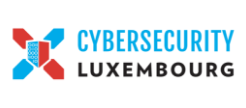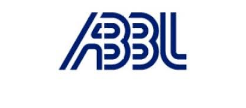Fake Investments: Don’t Fall for the Trap—Trust Your Advisor!

Tempting promises like:
“Double your savings in 6 months!”
“100% guaranteed return”
“Risk-free, certified and secure investment”
…could be hiding real scams. These offers play on urgency, emotion, and a false sense of legitimacy to push you into quick decisions.
Our advice: Never decide alone.
Your banking advisor is your trusted companion. A simple conversation can clear doubts, assess risks, and help you make safe choices.
Together, you’ll make the right decisions—with peace of mind. And remember: if it sounds too good to be true… it probably is!







